The Undeniable Genius Henry Rollins Acknowledged: Brian Wilson
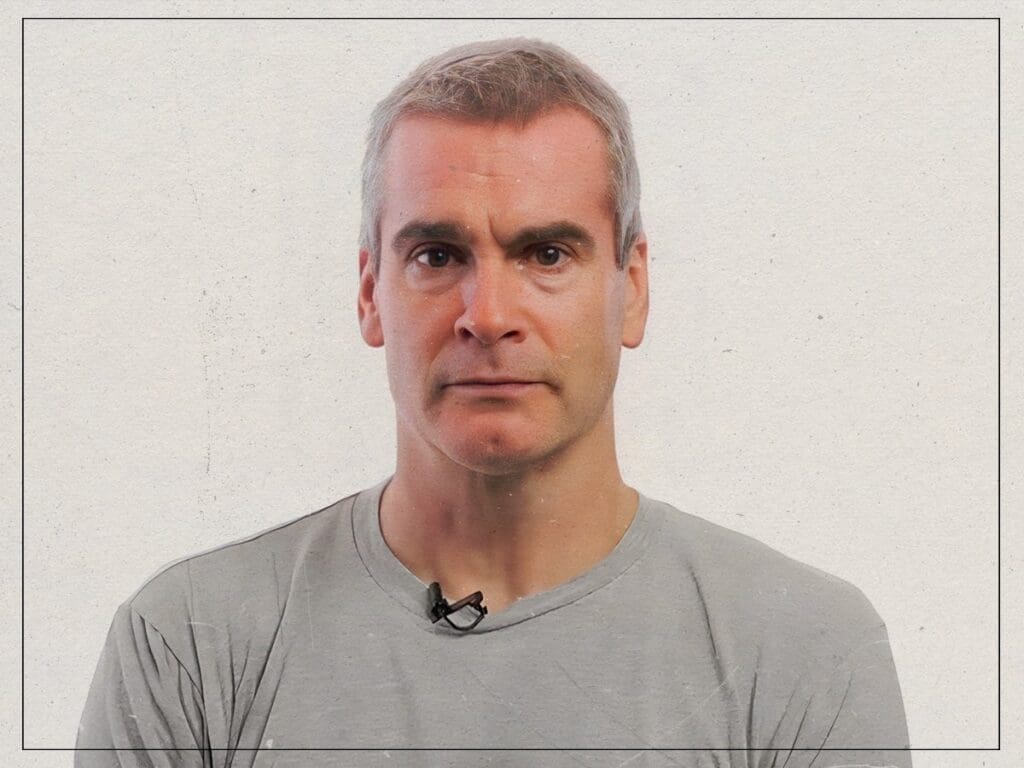

Punk rock revolutionized music in the mid-1970s, challenging the mainstream rock establishment. Yet, even punk icons like Henry Rollins of Black Flag cannot deny the genius of certain 1960s musical legends. Rollins, known for his hardcore persona, has openly celebrated the brilliance of The Beach Boys’ Brian Wilson, a testament to Wilson’s transcendent influence across genres and eras.
When the abrasive revolution of punk rock hit the music scene during the mid-1970s, it was built upon a foundation of tearing down the musical establishment. In many ways, the scene was a reaction to the commercial nature of mainstream rock and the complacency of the 1960s. However, even the most staunch punk rockers, like Black Flag frontman Henry Rollins, could not bear to wholly denounce the music icons of the previous decade. Throughout his music career, Rollins has always been quick to espouse the joys of his old-school influences.
Despite his reputation as an imposing hardcore frontman, Rollins has mellowed somewhat with age. Nowadays, he is much more likely to be found discussing the genius of John Coltrane than screaming at audiences with a skinhead and a six-pack. As such, it has become easier for Rollins to discuss topics that would traditionally be taboo for any self-respecting punk rocker, such as the undeniable genius of The Beach Boys’ Brian Wilson.
The distinctive sound of The Beach Boys is, on the face of it, worlds apart from the Washington D.C. hardcore scene which gave rise to Henry Rollins. However, the inventiveness of Wilson’s group afforded the band an enduring reputation that seemed to transcend musical style and era. While their early material was largely plagiarized by rock ‘n’ roll pioneer Chuck Berry, the band was instrumental in the development of psychedelic rock and the rise of the concept album.
In contrast to the complex stylings of the band’s magnum opus, Pet Sounds, Rollins was best known for short, sharp, and furious punk tracks. Nevertheless, the ex-Black Flag frontman has maintained an appreciation for the California rockers. During a 2011 column in LA Weekly, the frontman spoke of his adoration for The Beach Boys, writing, “Brian Wilson is a true, not-up-for-debate musical genius,” adding, “There are moments on SMiLE that are so astonishingly good you might find yourself just staring at your speakers in unguarded wonder, as I have.”
Within the column, Rollins wrote at length about SMiLE, the 1966 album that was initially meant to be the follow-up to Pet Sounds, before being left unfinished and unreleased until 2011. Clearly, the album was worth the long wait for Rollins, who spoke of the “breathtaking harmonies of the band” as well as “arrangements on the complexity level of a classical master composer.”
Of course, the greatest musical competition for The Beach Boys’ Pet Sounds came in the form of The Beatles and their defining work, Sgt. Pepper’s Lonely Hearts Club Band – two of the earliest concept records in music history. Rollins seemed all too aware of that competition and was uncharacteristically democratic in his assessment of the rivalry. “The major difference was hands on deck,” he said, “The Beatles had two Godzilla songwriters in Lennon and McCartney, and a great one in Harrison. The Beach Boys had Brian Wilson.”
Rollins might not seem the most obvious disciple of Brian Wilson, but their respective careers certainly do not have much of an overlap. Nevertheless, his clear adoration for the Beach Boys songwriter speaks to the all-encompassing appeal of Wilson’s songwriting, which consistently manages to defy genre conventions and musical subcultures.

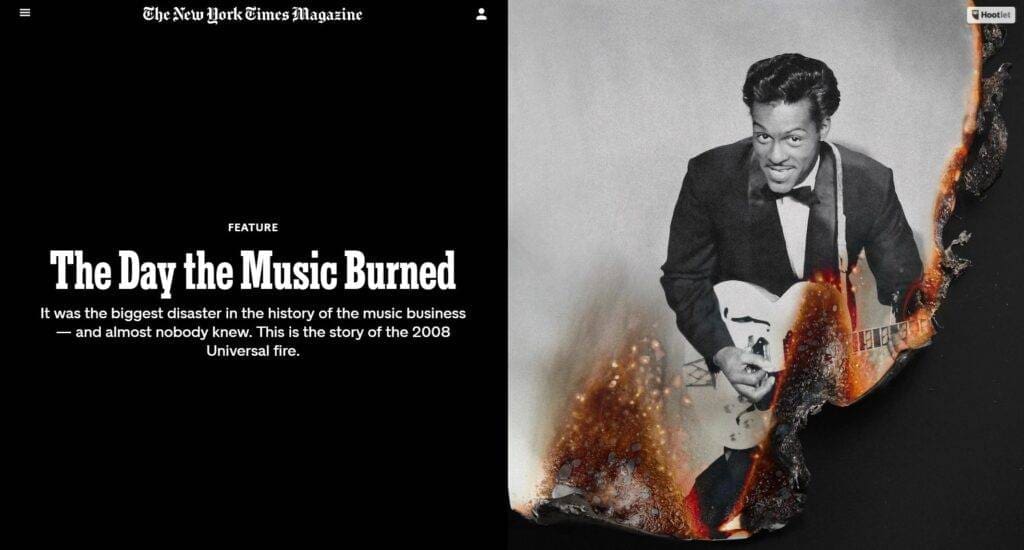
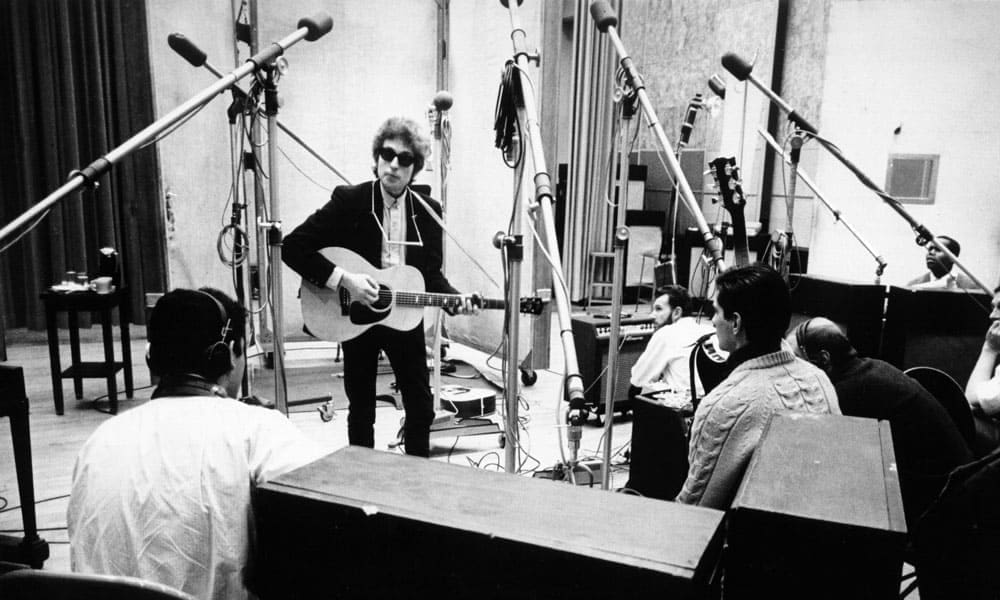

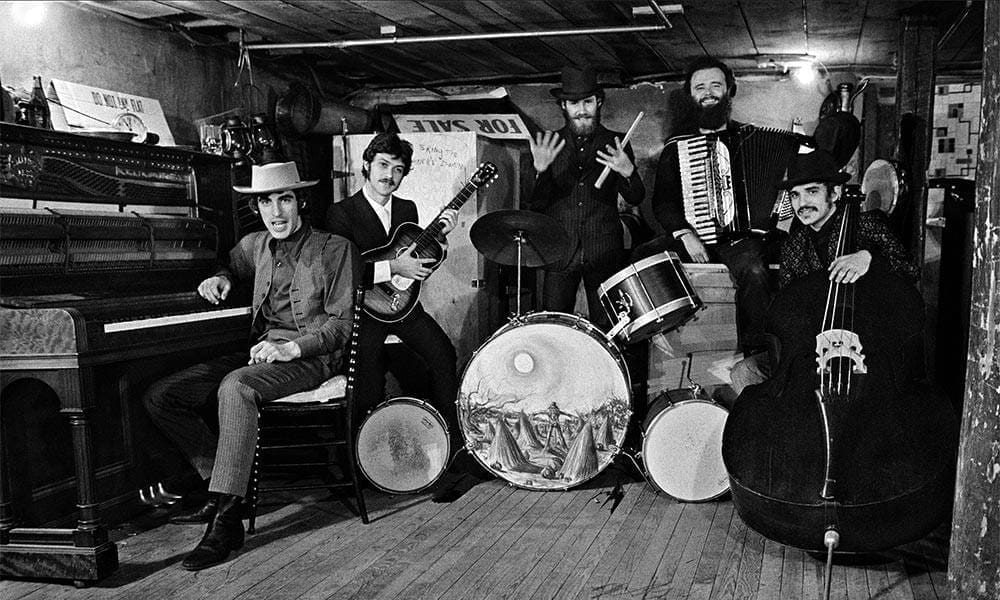
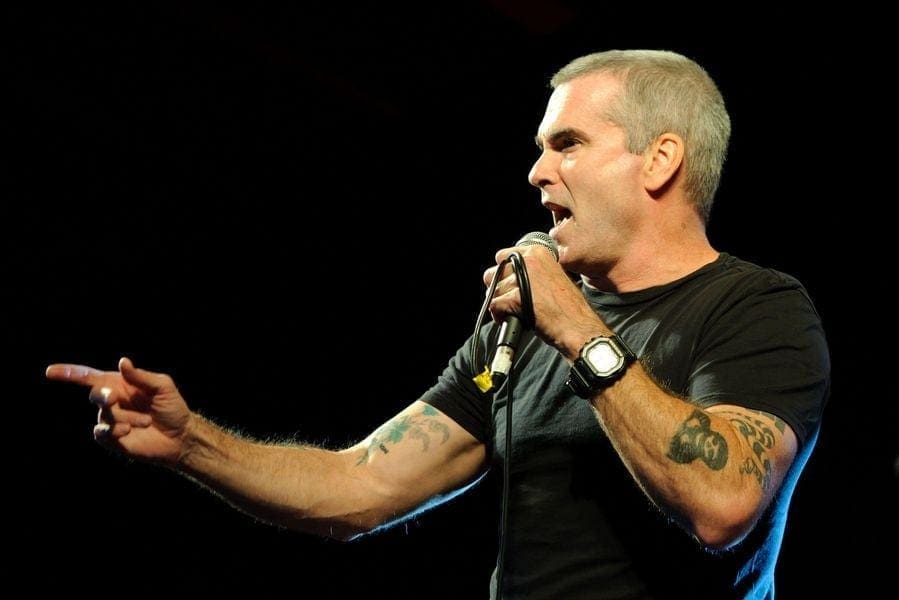
Responses